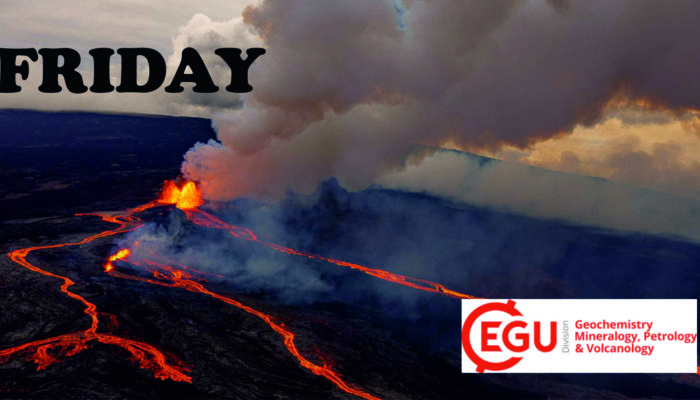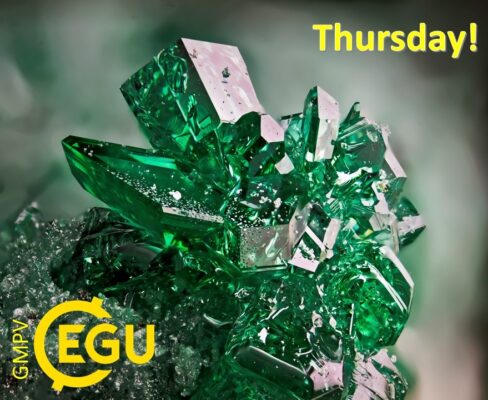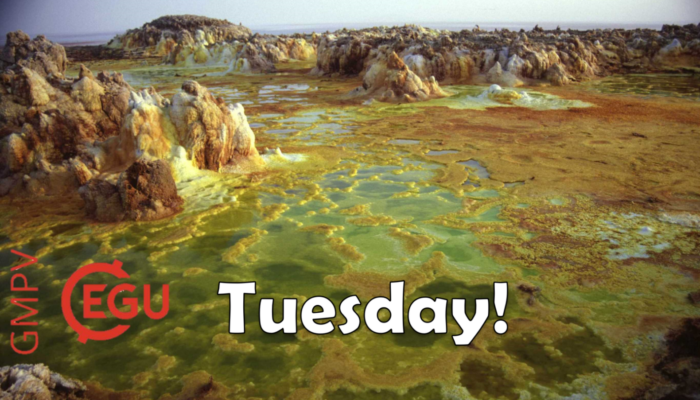Tired after the week-long conference? The GMPV division is ready with a number of interesting sessions to refresh your moods. Let’s enjoy the last moment of the EGU General Assembly 2024. Let’s start the day with a cup of tea and join the conference with the energy of a volcano because a session is waiting for all of you on hydrothermal alteration in volcanic settings (GMPV8.2). The sess ...[Read More]
EGU24 Friday Highlights




